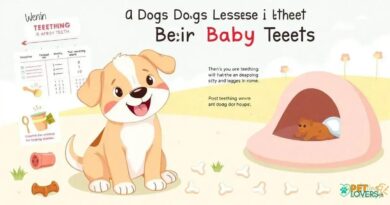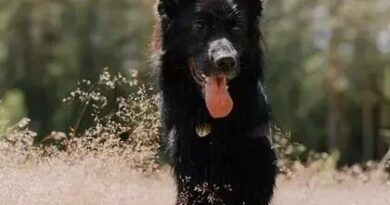O que é game-finding skills
What Are Game-Finding Skills?
Game-finding skills refer to the innate and trained abilities that dogs possess to locate and retrieve game, whether it be in hunting scenarios or during playful activities. These skills are crucial for working dogs, such as retrievers and spaniels, who are often employed in various hunting and tracking roles. The development of these skills can significantly enhance a dog’s performance in both competitive and recreational settings.
The Importance of Game-Finding Skills
Understanding what game-finding skills entail is essential for dog owners and trainers alike. These skills not only improve a dog’s efficiency in locating game but also foster a stronger bond between the dog and its handler. By engaging in activities that promote these skills, owners can ensure their dogs remain mentally stimulated and physically active, which is vital for their overall well-being.
How Game-Finding Skills Are Developed
Game-finding skills are developed through a combination of natural instincts and structured training. Puppies often exhibit a natural curiosity and hunting drive, which can be harnessed through positive reinforcement techniques. Training sessions that involve scent work, tracking exercises, and retrieval games can significantly enhance these skills. Consistency and patience are key in nurturing a dog’s ability to find and retrieve game effectively.
Types of Game-Finding Skills
There are several types of game-finding skills that dogs can develop, including scent detection, tracking, and retrieval. Scent detection involves the dog using its keen sense of smell to locate game, while tracking focuses on following a scent trail. Retrieval skills are about bringing the game back to the handler. Each of these skills plays a vital role in a dog’s overall game-finding abilities and can be trained separately or in conjunction.
Training Techniques for Game-Finding Skills
Effective training techniques for enhancing game-finding skills include using scent trails, engaging in hide-and-seek games, and incorporating retrieval exercises. Trainers often start with simple scent games, gradually increasing the complexity as the dog becomes more proficient. Utilizing toys or treats as rewards can motivate dogs to participate actively in training sessions, making the learning process enjoyable.
Common Challenges in Developing Game-Finding Skills
While many dogs are naturally inclined to develop game-finding skills, some may face challenges during training. Distractions, lack of motivation, or fear of unfamiliar environments can hinder a dog’s ability to focus on the task at hand. Identifying these challenges early on allows trainers to adapt their methods, ensuring a positive and productive training experience for both the dog and the handler.
The Role of Play in Game-Finding Skills
Play is an integral part of developing game-finding skills. Engaging in playful activities not only reinforces training but also allows dogs to practice their skills in a low-pressure environment. Games that mimic hunting scenarios, such as fetch or scent trails, can significantly enhance a dog’s natural abilities while keeping the experience fun and rewarding.
Assessing Game-Finding Skills
Assessing a dog’s game-finding skills can be done through various methods, including timed retrieval exercises and scent detection tests. Observing how quickly and accurately a dog can locate and retrieve game provides valuable insights into their skill level. Regular assessments can help trainers adjust their training approaches and set new goals for improvement.
Benefits of Strong Game-Finding Skills
Dogs with strong game-finding skills enjoy numerous benefits, including increased confidence, enhanced physical fitness, and improved mental stimulation. These skills also make dogs more versatile, allowing them to participate in various activities, from hunting to agility competitions. Furthermore, a well-trained dog can provide invaluable assistance in search and rescue operations, showcasing the importance of developing these skills.



